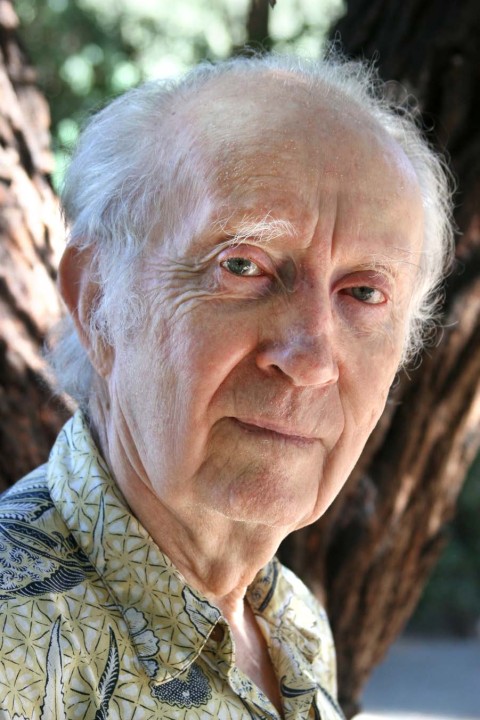The hope-filled worldview of John B. Cobb Jr.
Cobb was a visionary who saw theology as a force for transformation—as much about action as thought.

John B. Cobb Jr.
His legacy spans more than half a century of intellectual inquiry and activism, all deeply rooted in a process-relational understanding of the world. In some circles, Cobb is known as a foremost expert on the philosophy of Alfred North Whitehead. To others, he stands out as a leading figure in 20th-century liberal theology, particularly for his contributions to process theology. Still others know him for his work in ecological economics and his visionary call for an “ecological civilization.” For those fortunate enough to have known him personally, it is his gentleness, compassion, and genuine concern for others that stand out most. Yet, none of these features of Cobb’s life and legacy can be understood apart from the others—they were all deeply interconnected.
Over the past 50 years, much of Cobb’s professional energy was channeled through the Center for Process Studies, which he founded in 1973 as a faculty research center at the Claremont School of Theology. Under his leadership, CPS became the hub of a global movement—a vibrant interdisciplinary think tank dedicated to hosting conferences, publishing groundbreaking research, and fostering a network of scholars, activists, and leaders committed to a more equitable, sustainable, and meaningful way of being in the world.





